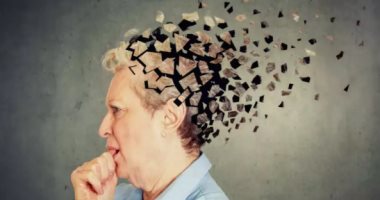According to the website Bestlifeonline, your sleep habits may offer a window into your brain health and dementia risk. Research has shown that people who sleep little, or six hours or less per night, are increasingly at risk of developing dementia, and that getting too much sleep is also linked to a high risk of dementia.
Other sleeping properties, such as bedtime and waking up, whether you suffer from sleep breathing, and the total time you spend in bed, can provide an insight into the possibility of dementia.
Repeated nightmares may potentially be a sign of cognitive decline in the future, suggests a recent study published in the Lancet Magazine’s Eclinicalmedicine Journal.
In middle-aged adults and the elderly, the researchers examined the link between recurring nightmares and the risk of dementia and discovered that both men and women with weekly nightmares were at an elevated risk of dementia.
Although both men and women with frequent nightmares have increased the risk of dementia, researchers found that the association is much stronger in men than in women.
In comparison to older men who have not experienced nightmares, those who experience them on a weekly basis have a five-fold increased risk of developing dementia.
Although having numerous nightmares may help in the early diagnosis of dementia patients, having dreams does not guarantee that you will eventually acquire dementia.
According to specialists, there are already 55 million people living with dementia worldwide, and this figure is projected to rise sharply in the ensuing decades.
Although there is no treatment for dementia, early diagnosis has many benefits, including improving the quality of life, more effective treatments, and the opportunity to make important decisions on your health care.
Because of this, it’s important to be aware of the symptoms of dementia, particularly those that might happen while you’re sleeping.
Sleep issues could be a precursor to dementia.

